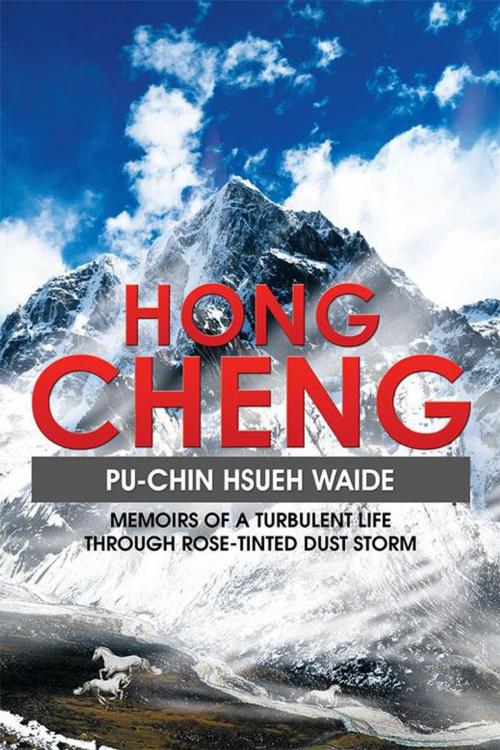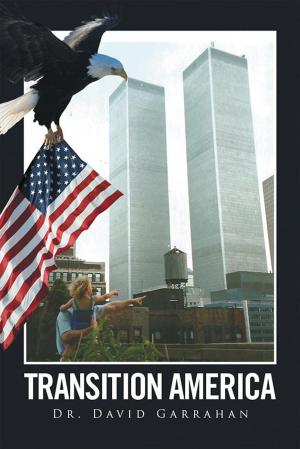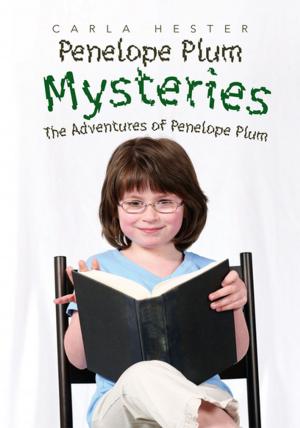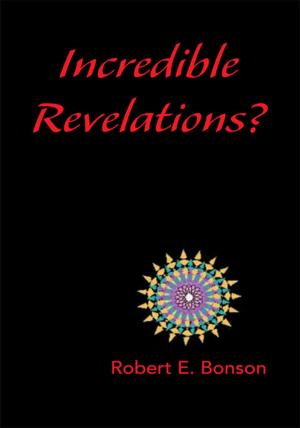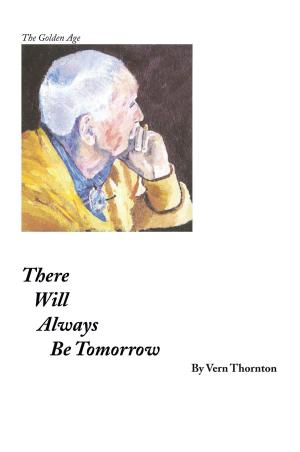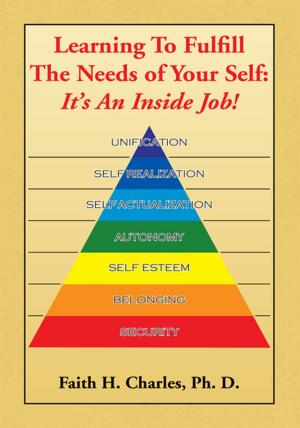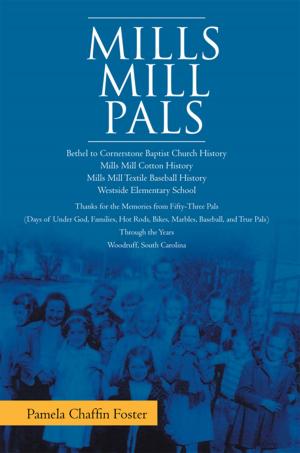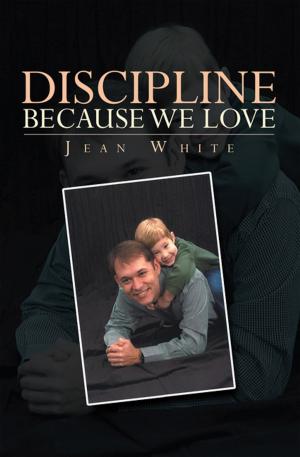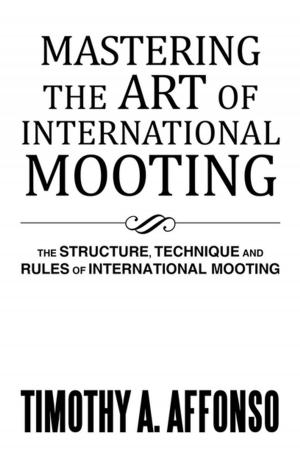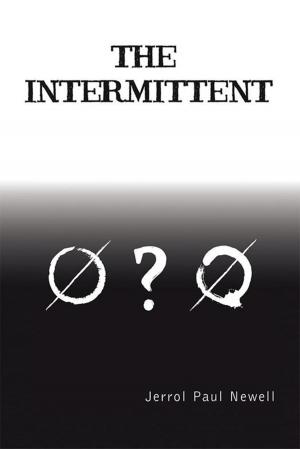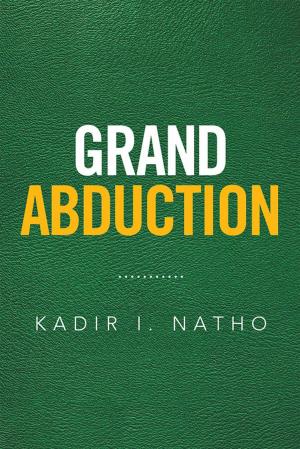| Author: | Pu-Chin Hsueh Waide | ISBN: | 9781503592766 |
| Publisher: | Xlibris US | Publication: | August 27, 2015 |
| Imprint: | Xlibris US | Language: | English |
| Author: | Pu-Chin Hsueh Waide |
| ISBN: | 9781503592766 |
| Publisher: | Xlibris US |
| Publication: | August 27, 2015 |
| Imprint: | Xlibris US |
| Language: | English |
Hong Cheng: Memoirs of a Turbulent Life through Sunlight-tinted Red Earth Storm is a compilation of memories of Hsueh Chi Pei translated from his Chinese brushstrokes or told to me when he was over eighty years old. He begins his story from the place of his birth in a tiny village Dawu at the border of Sichuan, China, and Kham, Tibet; through primary and middle school in KhangDing and ChengDu; to the war and political colleges in Nanking and eventually to Chungking; and World War II and the Japanese invasion of China. It tells of his early years: his stern father who was almost never at home because of his job as protectorate of the far western and southern regions of the realm, his encounters with the local Tibetans boys who were always at odds with the Han boys, and his meetings with several holy lamas and monks. With his fathers insistence, he was one of the first Chinese boys, at the age of seven, to start English lessons, which served him well in his later years. With his unusual curly hair and quick wit, he was a very popular little figure in his village. He spoke about his work in the Opium Detox Center where he met his wife and how he accompanied her to meet her family and were caught in the line of refugees escaping from the Japanese. All in all, the book describes what the title tried to describe: a life full of change and strife but with glints of sunshine and humor. I have kept the title of this book as close a translation to Hong Cheng as possible. It is a very personal narration, and I have tried to keep the words as close to his way of speaking. He deliberately refused to get into the political climate of the times, except for a few remarks and observations here and there, because it was simply too painful for him to relive those conditions. So I let be at that. He was not very specific about dates and spoke almost like a stream of consciousness, and as he narrated, we wept and I transcribed. Occasionally, we had to consult a Chinese-English dictionary when I could not find the word or meaning he was trying to express.
Hong Cheng: Memoirs of a Turbulent Life through Sunlight-tinted Red Earth Storm is a compilation of memories of Hsueh Chi Pei translated from his Chinese brushstrokes or told to me when he was over eighty years old. He begins his story from the place of his birth in a tiny village Dawu at the border of Sichuan, China, and Kham, Tibet; through primary and middle school in KhangDing and ChengDu; to the war and political colleges in Nanking and eventually to Chungking; and World War II and the Japanese invasion of China. It tells of his early years: his stern father who was almost never at home because of his job as protectorate of the far western and southern regions of the realm, his encounters with the local Tibetans boys who were always at odds with the Han boys, and his meetings with several holy lamas and monks. With his fathers insistence, he was one of the first Chinese boys, at the age of seven, to start English lessons, which served him well in his later years. With his unusual curly hair and quick wit, he was a very popular little figure in his village. He spoke about his work in the Opium Detox Center where he met his wife and how he accompanied her to meet her family and were caught in the line of refugees escaping from the Japanese. All in all, the book describes what the title tried to describe: a life full of change and strife but with glints of sunshine and humor. I have kept the title of this book as close a translation to Hong Cheng as possible. It is a very personal narration, and I have tried to keep the words as close to his way of speaking. He deliberately refused to get into the political climate of the times, except for a few remarks and observations here and there, because it was simply too painful for him to relive those conditions. So I let be at that. He was not very specific about dates and spoke almost like a stream of consciousness, and as he narrated, we wept and I transcribed. Occasionally, we had to consult a Chinese-English dictionary when I could not find the word or meaning he was trying to express.
